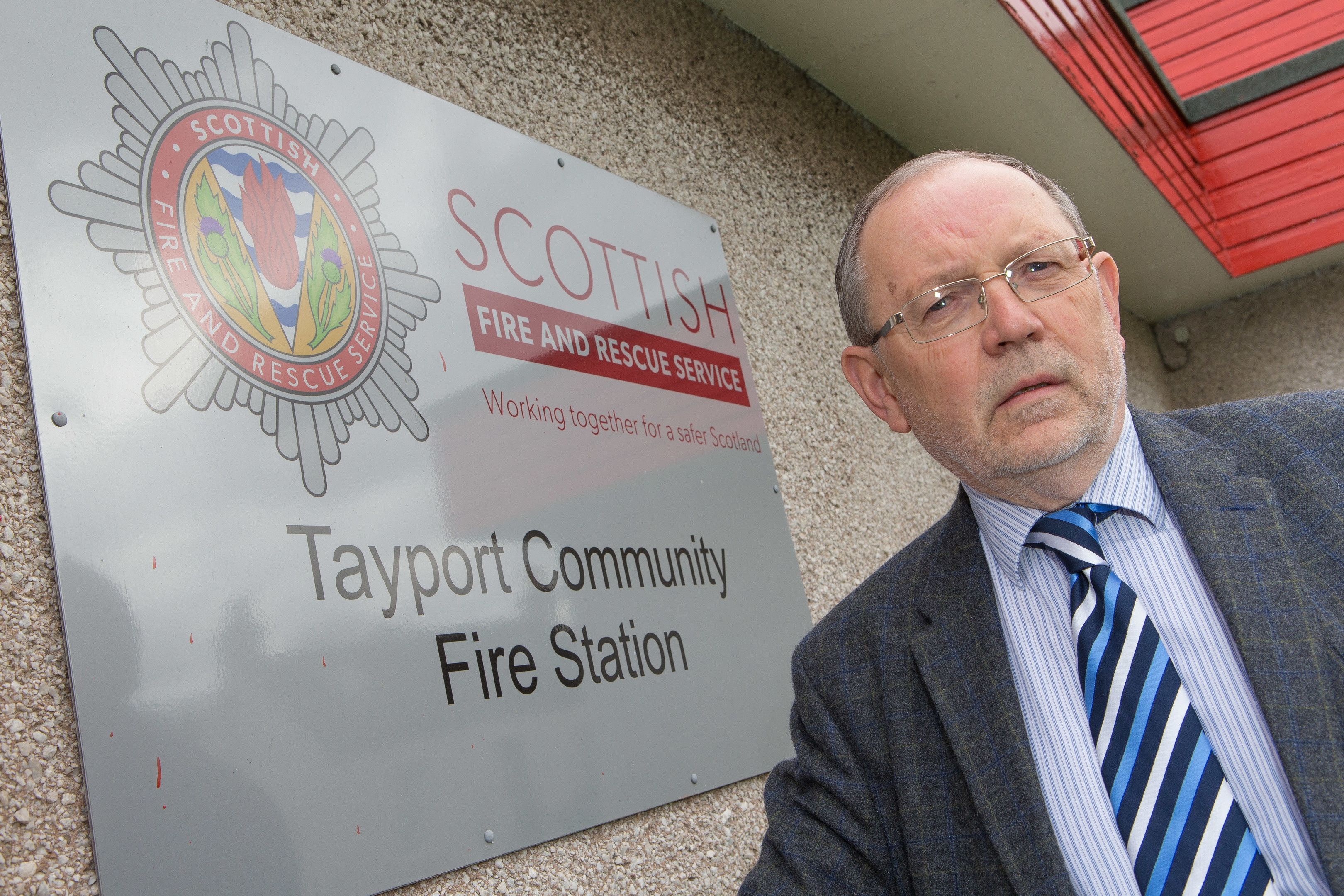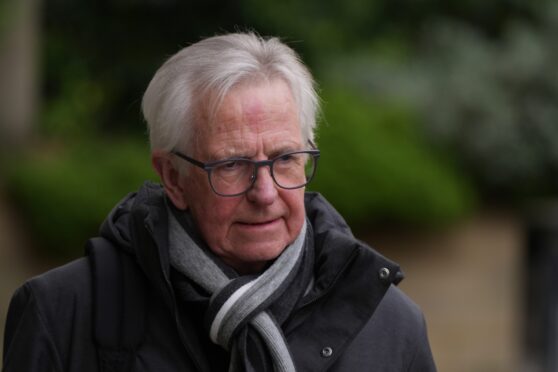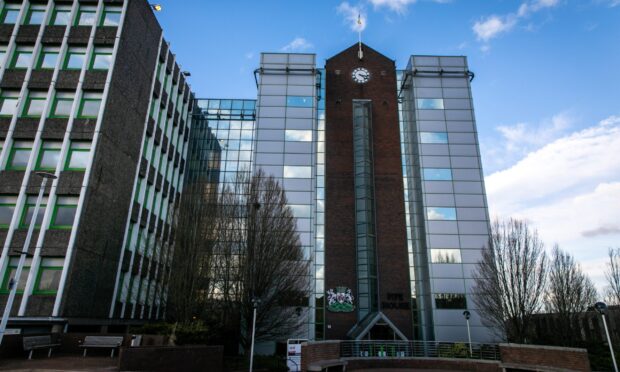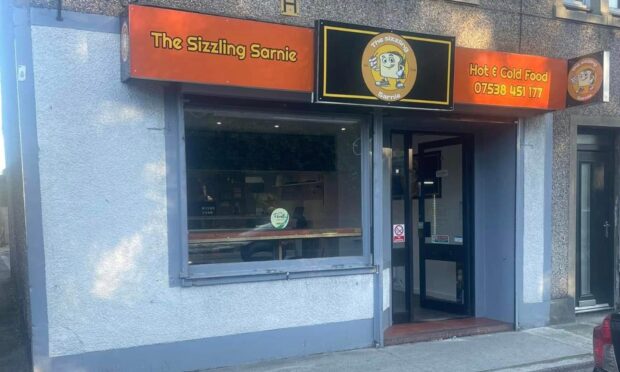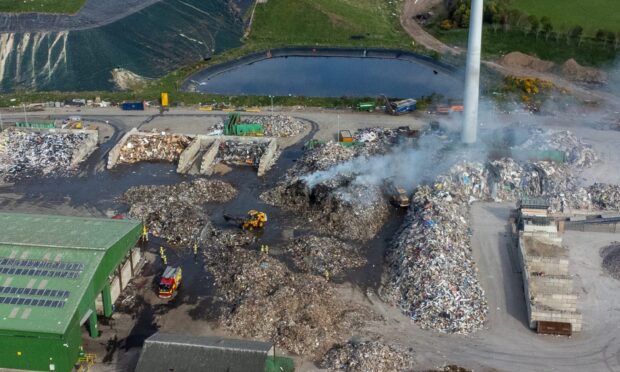More than half of the call outs to the fire service in Fife are false alarms, it has emerged, costing taxpayers a staggering £5 million each year.
Burnt toast, aerosols and even dust are among the factors which contributed to a total of 2,616 unwanted fire alarm signals last year, up sharply from the 2,265 seen the previous year, and amounted to almost 57% of the 4,629 call outs in total received over a 12-month period.
And with an average of seven false alarms a day in Fife potentially putting people’s lives at risk in the event of a real emergency elsewhere, fire chiefs have now vowed to take a “zero tolerance” approach over the issue which will see a greater spotlight fall on those premises deemed to be repeat offenders.
Councillor Tim Brett, a member of Fife’s safer communities committee, said he was “concerned and surprised” at the scale of the problem in Fife, given the fact that each call out costs the public purse an estimated £1,970 a time.
“This is not a new problem or one that is unique to Fife, and unwanted fire alarm signals are a problem across the country, but the problem is increasing,” he commented.
“I know from my own experience that this issue has been raised and discussed on many occasions.
“These incidents have an impact on businesses, their customers, and the general public.
“As well as the unnecessary call out for the fire service, there are other risks involved with false fire alarms.
“Having fire appliances travelling across the Kingdom on blue lights is an additional road risk for our firefighters and other road users.
“It also means that if fire appliances have been despatched to a false alarm, they are then not available for “real” fires or other incidents should these occur.”
A new unwanted fire alarm signals strategy has been drawn up and will involve the fire service engaging with premises holders to identify the causes of every false alarm incident.
Technical interventions such as changes to detector types or double activation systems are also being looked at, although the onus is still very much on those in the buildings where there are regular false alarms to help stamp out the problem.
University halls of residences, colleges, hospitals and shopping centres are known to be the worst hit locations, and the fire service is considering cutting the operational response to premises which continue to have unwanted signals.
Mr Brett continued: “I do appreciate that this is a complex issue and that the Scottish Fire Service are endeavouring to address it.
“I know, locally, that our senior officer Iain Vincent is doing his best to tackle this, but responsibility must also be laid at the foot of the organisations who are causing these false fire alarms.
“Equipment needs to be working properly and set so that false alarms are not occurring.”
Local senior officer Iain Vincent admitted that false fire alarm signals are “an area of concern”.
“These unnecessary appliance movements increase our carbon footprint, as well as the risk to our personnel and the driving public on the road,” he added.
“They also result in directing resources from an area where a genuine emergency could be taking place.
“They also place a significant financial burden on the Scottish Fire and Rescue Service, as well as disrupt the normal business of the premises affected.”
